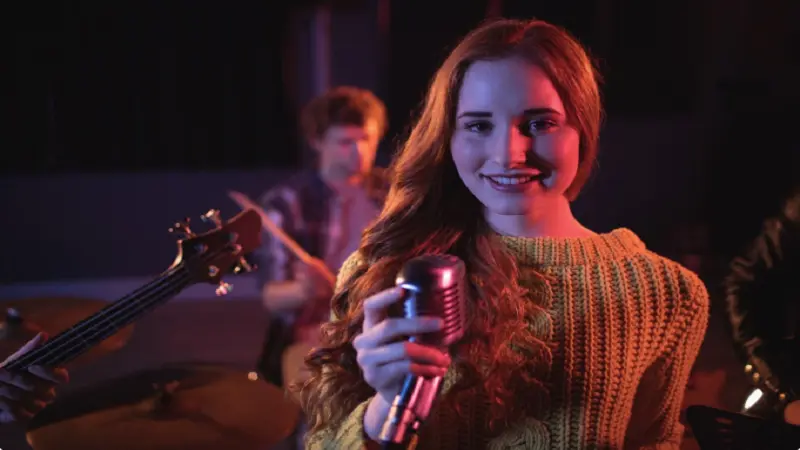The way music is created and produced has undergone significant changes over the years. Over the past few years, one of the most noticeable improvements has been the advancement of vocal AI. Producers and musicians are utilising AI technology to add new features and enhance productivity. Making vocal recordings used to require significant investment, such as hours of studio time with skilled vocalists and sound engineers.
AI-enabled systems have transformed this process, making it possible to produce professional-quality vocal tracks in the comfort of one’s own home. This transformation not only improves efficiency, but also democratises creativity by providing more people access to tools. Self-service and AI solutions liberate users from constraints of budget and skill level.
Vocal AI Makes Music More Accessible
Vocals are among the most difficult elements to produce. Not every single person has access to a studio where they can record a trained vocalist or an established artist. Therefore, many artists may not have the capabilities to draft a polished version of their ideas. Initially, most creators have to experiment before arriving at a refined suggestion. If created, completed songs are not simple to develop without third-party endorsement, which leads to a cycle of frustration. All the creator needs is a laptop to upload the lyrics and melody to the self-singing AI. For those wishing to enter the music industry, all barriers to entry have disappeared, which allows creativity to soar.
Experiment with Different Vocal Styles
Vocal AI transcends singing; it provides a range of styles and tones. For instance, there are soft tones as well as bold voices and even something in the middle. The voice can also be modified in terms of pitch, speed, and emotion. Some platforms allow background vocals or harmonies to be incorporated with a single click. This simplifies the process of trying out different sounds. Musicians can experiment without the need to wait for a re-recording of each version by a singer. This technology offers greater flexibility in the creative process.
A Smart Tool for Fast Production
Meeting deadlines is a common challenge in music production. Producer’s AI Vocal systems allow integration of text-to-speech systems, which eliminates the need for booking studio time, while at the same time creating multiple songs in a day. Due to these systems, it is now possible to create drafts and offer them to prospective clients or release music more frequently, bolstering the number of clients. The cost to create music with AI has become more affordable, as even professional studios use AI to save time and resources during the project’s preliminary stages.
Used in Many Other Fields
Vocal AI goes beyond the domain of music, as it finds application in films, games, social media videos, and advertisements. It is able to voice animate characters. It is capable of adding songs to product videos. It can provide assistance in storytelling that is innovative. With continuous improvements in AI systems, their capability to voice over text is being utilised more and more.
FAQs
Can I use Vocal AI if I do not have music experience?
Yes. Most tools are simple to use. There is no need to sing and play instruments.
Is vocal AI legal to use in songs?
Yes, however, it is advised to check the license terms of the platform being used.
Can vocal AI sound like real singers?
Many platforms offer realistic voices, and some are so advanced that it is difficult to distinguish between them and actual human voices.
Is Ace Studio a good option for vocal AI?
Yes. They are known for high-quality voices and easy-to-use features; thus, they can be recommended without reservations. See more

